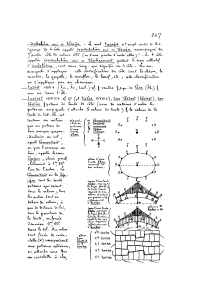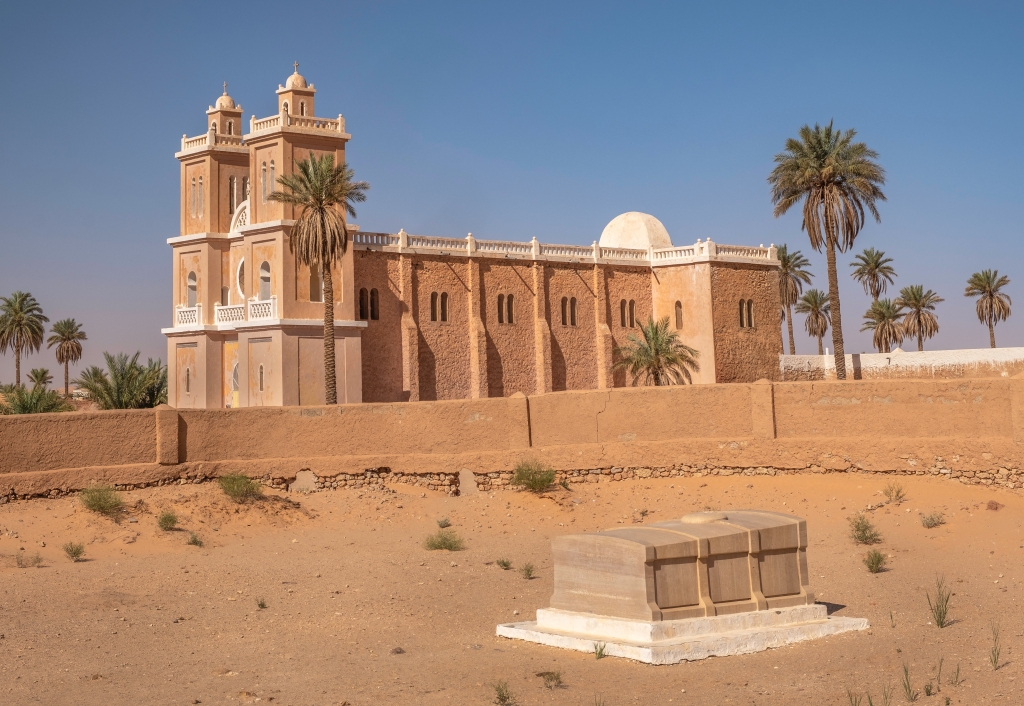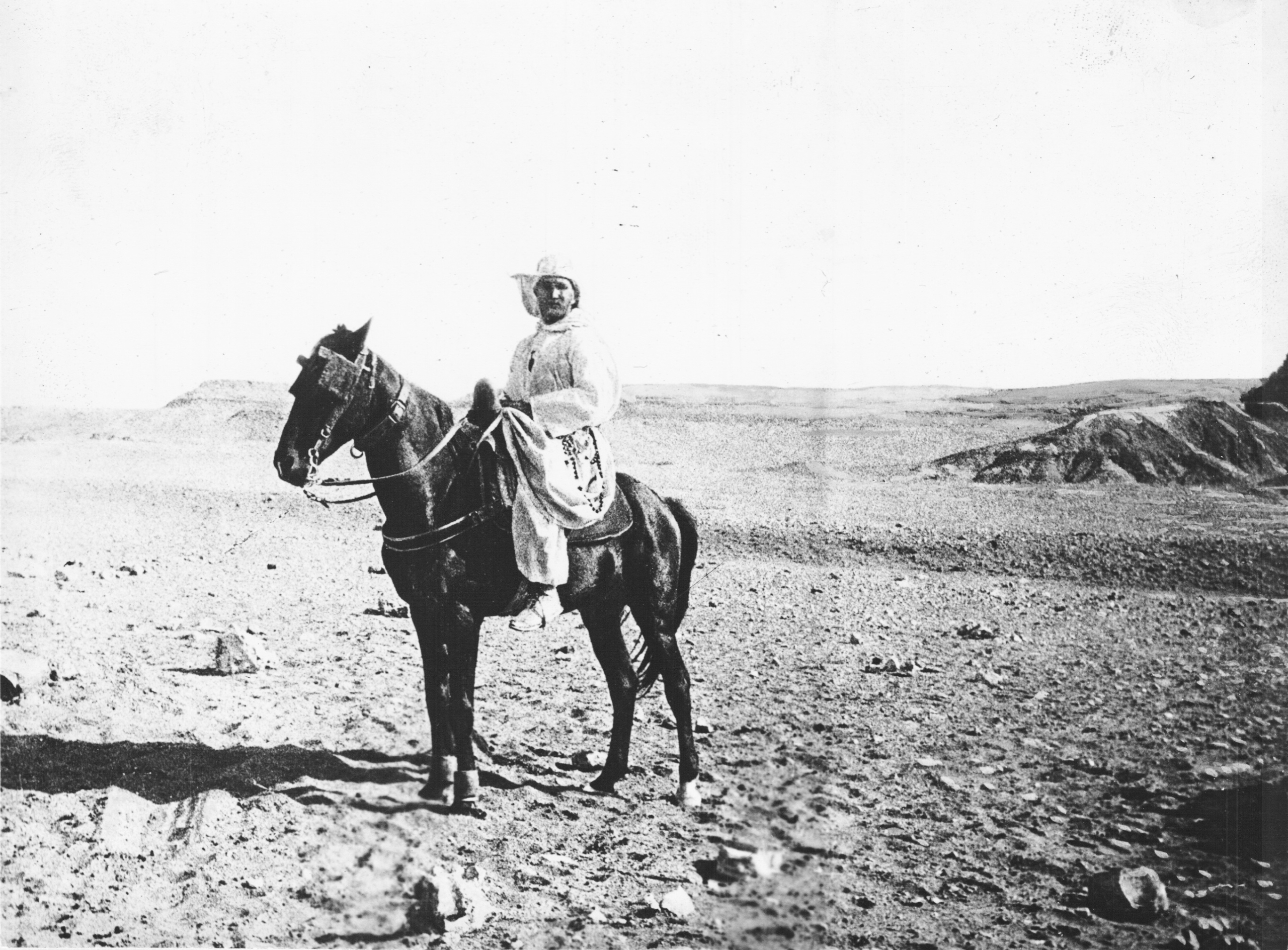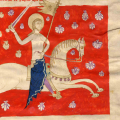In an era defined by colonial ambitions, scientific expeditions, and cultural divides, Charles de Foucauld (1858–1916) chose a markedly different path—one of simplicity, encounter, and quiet solidarity. From soldier and explorer to linguist and desert hermit, his life traced an extraordinary route across continents and cultures, driven by a restless search for meaning and connection.
From Soldier to Adventurer in the Maghreb
Born in Strasbourg to an aristocratic family, Foucauld lost his parents at a young age and was raised by his grandfather, a military veteran. Though academically gifted, he led a tumultuous youth, marked by skepticism and indulgence, before enrolling at the prestigious Saint-Cyr military academy. After a brief, unremarkable military career, he became captivated by the uncharted landscapes of North Africa, leading him to embark on one of the 19th century’s boldest expeditions.

In 1883, with Morocco largely closed to Europeans, Foucauld disguised himself as a Jewish traveler, adopting the name “Joseph Aleman” with the guidance of the Moroccan rabbi Mardochée Abi Serour. For nearly a year, he traversed the rugged interior of the Maghreb, meticulously documenting its landscapes, languages, and customs. His observations formed the foundation of his groundbreaking work, Reconnaissance au Maroc (1888), which earned him the prestigious Gold Medal of the French Geographical Society. Yet, despite this acclaim, Foucauld felt a deeper disquiet.
A Spiritual Turning Point
Foucauld’s encounters with the devout, everyday faith of the people he met in North Africa sparked a profound internal crisis. Upon returning to France in 1886, he sought guidance from a priest in Paris, a moment that marked the beginning of his spiritual transformation. This turning point set him on a path toward radical simplicity and spiritual exploration.

Seeking the most rigorous expression of his newfound faith, Foucauld joined the Trappists, known for their austere monastic discipline. He lived in monasteries in France and Syria, but soon found even this life too structured for his calling. In search of a more intimate solitude, he moved to Nazareth, where he spent three years as a gardener and servant at a convent of the Poor Clares, embracing a life of quiet labor and contemplation.
Desert Pathways: From Nazareth to the Sahara
Ordained as a priest in 1901, Foucauld set his sights on the vast Sahara, moving to Béni Abbès in southern Algeria. There, he built a small hermitage that served as a haven for travelers, soldiers, and locals alike. In 1905, he ventured deeper into the desert, settling among the Tuareg of the Hoggar Mountains in Tamanrasset. Rather than seeking to convert his hosts, he chose to live alongside them, immersing himself in their language, culture, and history.
Foucauld’s years among the Tuareg produced significant linguistic work, including a comprehensive Tuareg-French dictionary, collections of proverbs, and extensive ethnographic notes. These efforts, born from genuine respect and curiosity, remain vital sources for understanding Tuareg culture today.
The Legacy of Presence
Unlike the conventional missionary figures of his time, Foucauld chose a path defined by presence over proclamation, living as a “universal brother” among those he sought to understand. His approach emphasized humility, respect, and the quiet power of lived example.

Foucauld’s life ended abruptly in 1916, when he was killed during a period of political unrest in the Sahara. Yet, his legacy endured, inspiring a wide range of religious and secular movements dedicated to intercultural dialogue, simplicity, and peace. His writings, steeped in the harsh yet beautiful reality of the desert, continue to resonate as calls to deeper understanding and connection.
A Quiet Trail Through History
Over a century later, the pathways Foucauld mapped—both physical and spiritual—remain compelling. His legacy stretches beyond the dusty roads of the Sahara to those who seek meaning in silence, service, and solidarity. His life stands as a reminder that even in the harshest landscapes, one can find the profound contours of human connection.





